Against all norms, the Donald Trump-Shehbaz Sharif meeting conducted in the White House was closed to the press. Vice President JD Vance and Secretary of State, Marco Rubio, were present. From Pakistan’s side, Sharif was accompanied by the army chief, ‘failed marshal’ Asim Munir. The meeting could well have been called the Trump-Munir meeting. It’s well known that Pakistan is a state for a military and not the other way around.
The defence minister, Khawaja Asif, was made to wait outside. Simply put, political authority in Pakistan is subservient to the military, despite Asif mentioning in an interview with Mehdi Hasan that Pakistan follows a ‘hybrid model’ and he is not under Munir.
Closing the meeting to reporters implies that it was more of a personal interaction for Trump rather than discussions of global and regional subjects. Adding credence was the fact that no readout was issued by the White House, nor any briefing conducted to the media, which has been a norm for Trump. There was also no social media tweet by Trump on the meeting.
Whatever was mentioned was only conveyed by Pakistani media, which itself was vague. Trump’s interest is that World Liberty Financial, a decentralised finance platform with 60 per cent Trump family ownership, inked a crypto deal with Pakistan, and he would want it to succeed.
Impact Shorts
More ShortsThere are no inputs on who received Sharif when he reached the White House, though reports mention administrative officials. There are also no photographs of the same. It was definitely not Trump, as he was involved in signing presidential orders and not even aware of their arrival, nor his wife, who officiates on his behalf on occasions. On the contrary, Trump received Turkish President Recep Tayyip Erdoğan at the White House the same day.
Does it mean that a meeting with two so-called ‘heads of state’ of Pakistan was lesser in importance than signing presidential decrees on TikTok? Or was it that Pakistan’s importance was that low? The only input to the meeting was Trump mentioning he is meeting ‘two great leaders’ from Pakistan. This is a common statement by Trump and truly does not merit much attention.
The fact that Trump mentioned to the media that Sharif and Munir are there and waiting implied how high a credence he gives to this interaction. Both had to wait for 30 mins, an act never heard of before about any other head of state in the White House. It is possible that this was not a planned meeting but one requested by Sharief when he met Trump briefly on the sidelines of the UN General Assembly, for which Trump was unwilling to amend his schedule.
Even if we assume that Trump wanted to improve ties with Pakistan, seek its assistance in regaining the Bagram air base in Afghanistan, monitor Iran or even invest in minerals and oil in Pakistan, the media would have been briefed. US intelligence agencies are aware that Islamabad has zero influence over Afghanistan, is losing control over Baluchistan, and that even the Chinese have failed to effectively exploit Pakistan’s mineral resources due to the ongoing freedom struggle. The US will never get involved militarily but expects the Pakistan army to do the needful. As far as oil is concerned, there are no known inputs of any major deposits.
If the above subjects or even Pakistan offering military equipment were discussed, Trump would have gleefully sounded the media on the same, sending the message that the US is earning from Pakistan. With no mention of it, it implies that the meeting was more for providing an impetus to his family businesses than anything else. Interestingly, there was no tweet by Trump regarding the meeting.
It also could be as thanks for Pakistan nominating him for the Nobel Peace Prize, which is Trump’s ultimate goal in this presidency. If he was certain that Sharif could back his claims of stopping the war and handle media questions on the same, he would have brought him before the media. Trump himself is aware that his claims are fake, and Sharif would have been torn apart by the media that made him cautious. With no mention of the Pakistan-Saudi Arabia agreement, it appears that Trump has no intent to intervene nor provide Riyadh an alternative.
Yes, there is no doubt that the resetting of the US-Pakistan ties can have an impact on India. But then, every nation balances its ties. India is balancing its ties with Russia and the US, as well as China and the US, and is also a member of Brics, which Trump loathes. India has refused to bend to Trump’s pressure and stop its oil procurements from Russia, despite multiple threats and adverse comments. Added is India assuming the presidency of Brics for 2026. The US simultaneously is balancing its ties with both India and Pakistan.
In any case, there was no mention of Trump agreeing to intercede in the Kashmir conflict, a subject Pakistan would have definitely broached. Trump is well aware of the Indian viewpoint, and despite the ongoing diplomatic freeze and trade tariffs, he knows the limits to which he can push India.
What support the US will provide to Pakistan is unknown, though it has been mentioned that Munir requested Trump restore US-Pakistan military training and exchange programmes, which the US mentioned it would consider. There was also a request to recommence the Coalition Support Fund. Definitely Trump will continue pushing for loans from global agencies for Pak, but these will ultimately have to be repaid.
Trump also has the reputation of supporting any leader who backs US policies, even dictators, in this case Munir. Sharif was but a mute witness in the meeting. It is more likely a meeting with no major outcomes.
For Pakistan in general and Sharif in particular, this was an opportunity to gain advantage at home, countering the growing threat from Imran Khan’s Pakistan Tehreek-e-Insaf (PTI). After all, Khan had met Trump at the White House in 2019. It would also signal improving Pakistan-US ties while Indo-American ties sink. So thrilled was Sharif with the meeting that he praised Trump in his UNGA address and also reiterated his being recommended for the Nobel. While Pakistan flirts with Trump’s ego, India maintains a safe distance.
Will this meeting provide Pakistan with the leverage to increase its support for terrorism? Unlikely. It is aware that US interest is only temporary and financial and would in no way translate to it backing Pakistan in a conflict. The absence of Pete Hegseth, the defence secretary, from the meeting implied that not much forward movement would be made on defence cooperation.
India needs to bide its time, as relations with the US, though at rock bottom presently, are not permanent. They would be reset with time.
The author is a former Indian Army officer, strategic analyst and columnist. Views expressed in the above piece are personal and solely those of the author. They do not necessarily reflect Firstpost’s views.


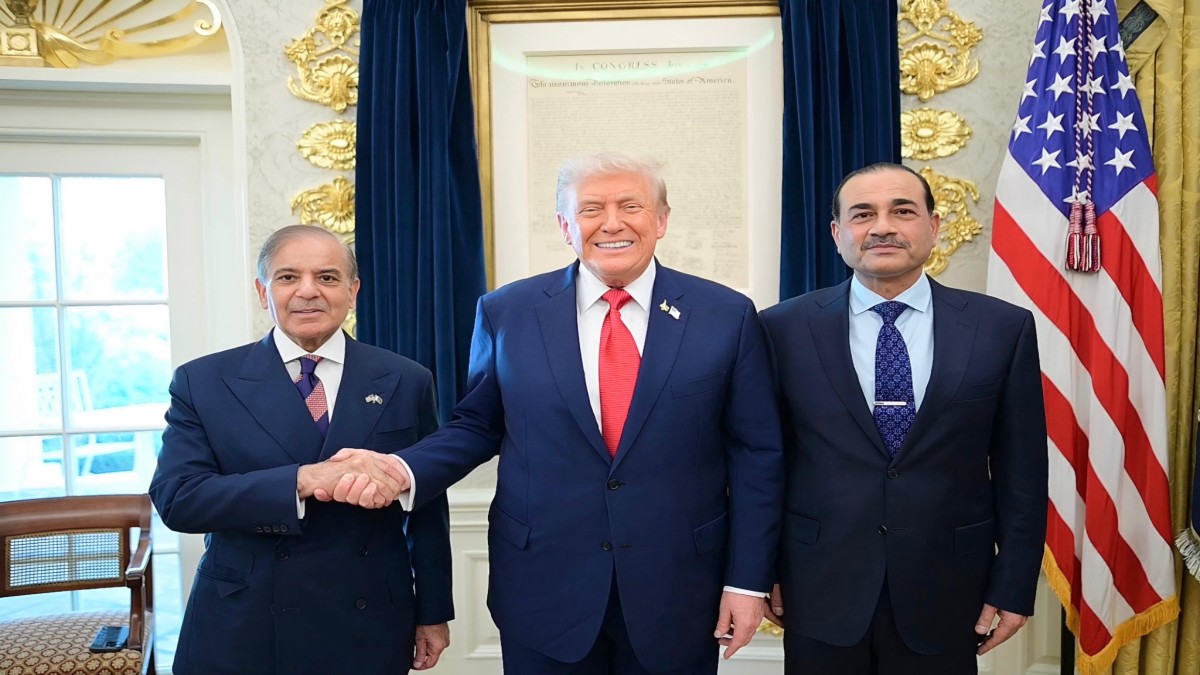)
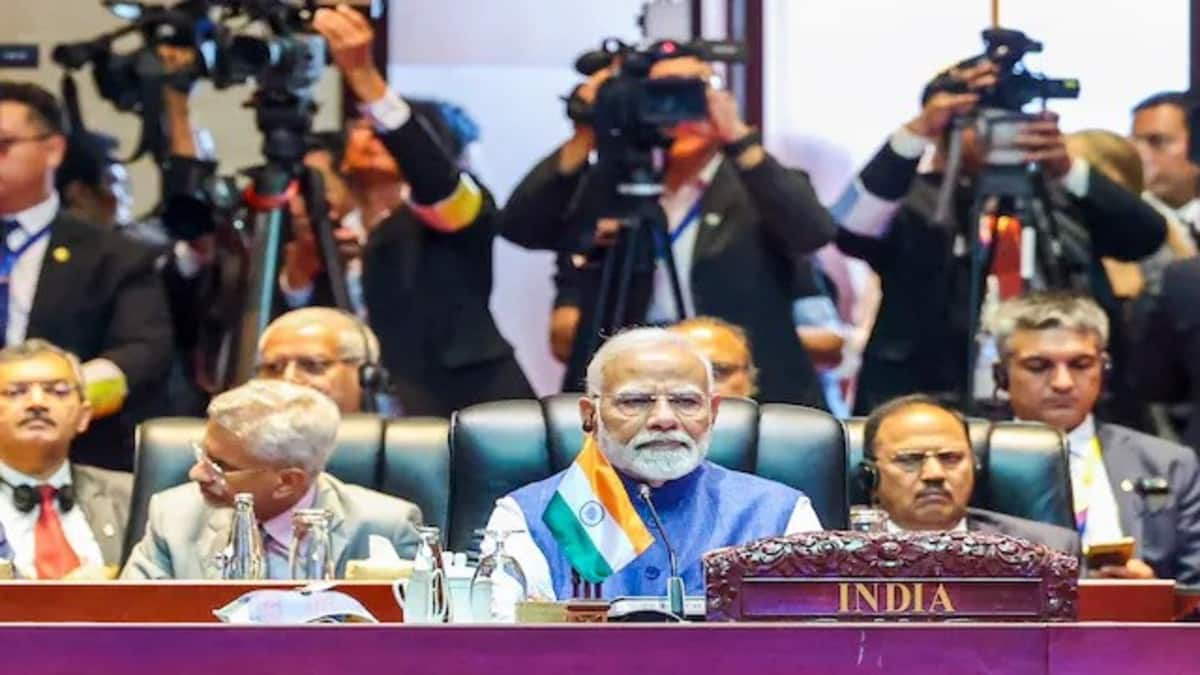
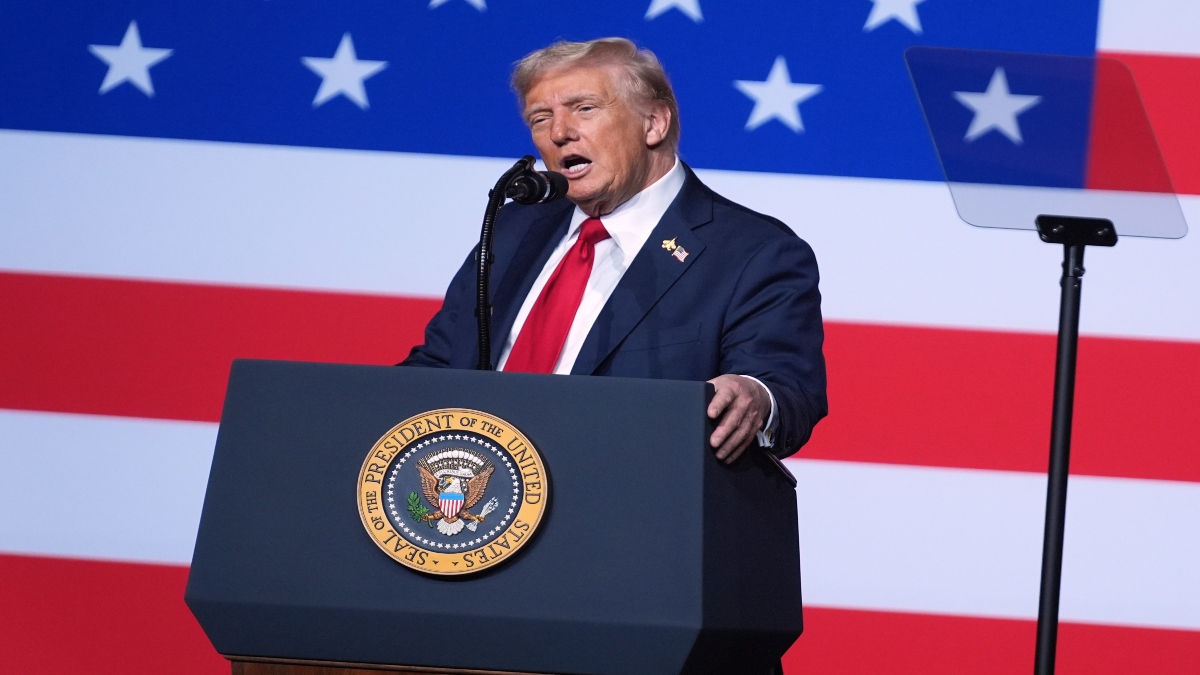)
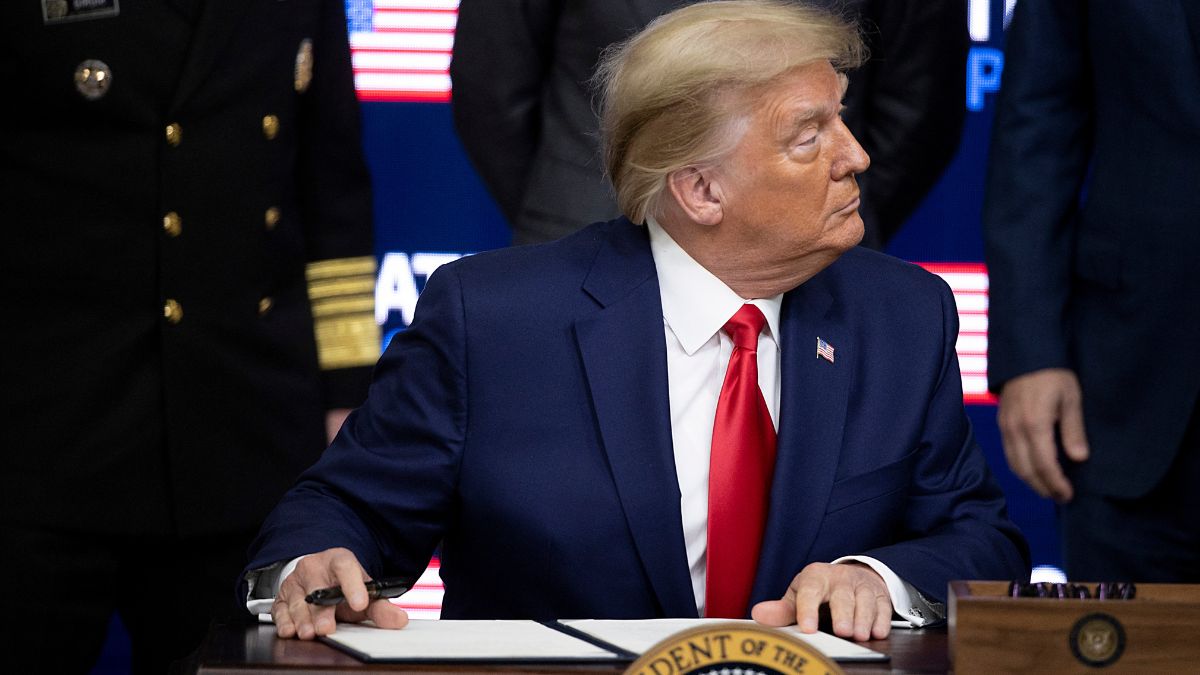)
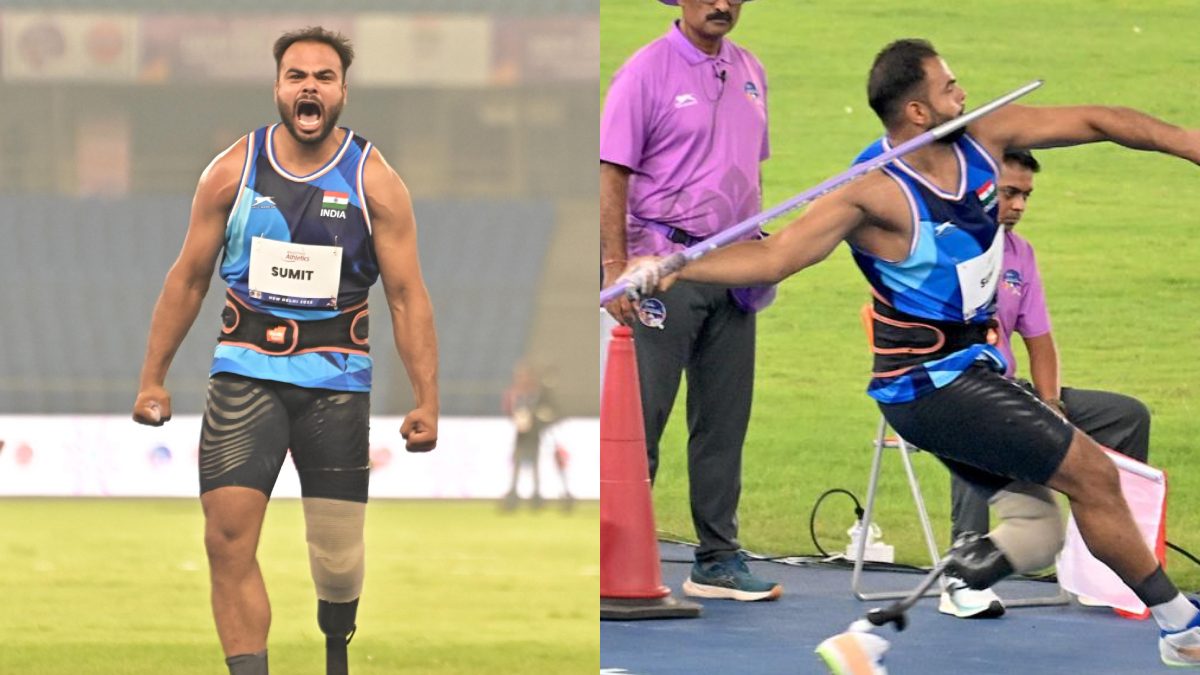)
)
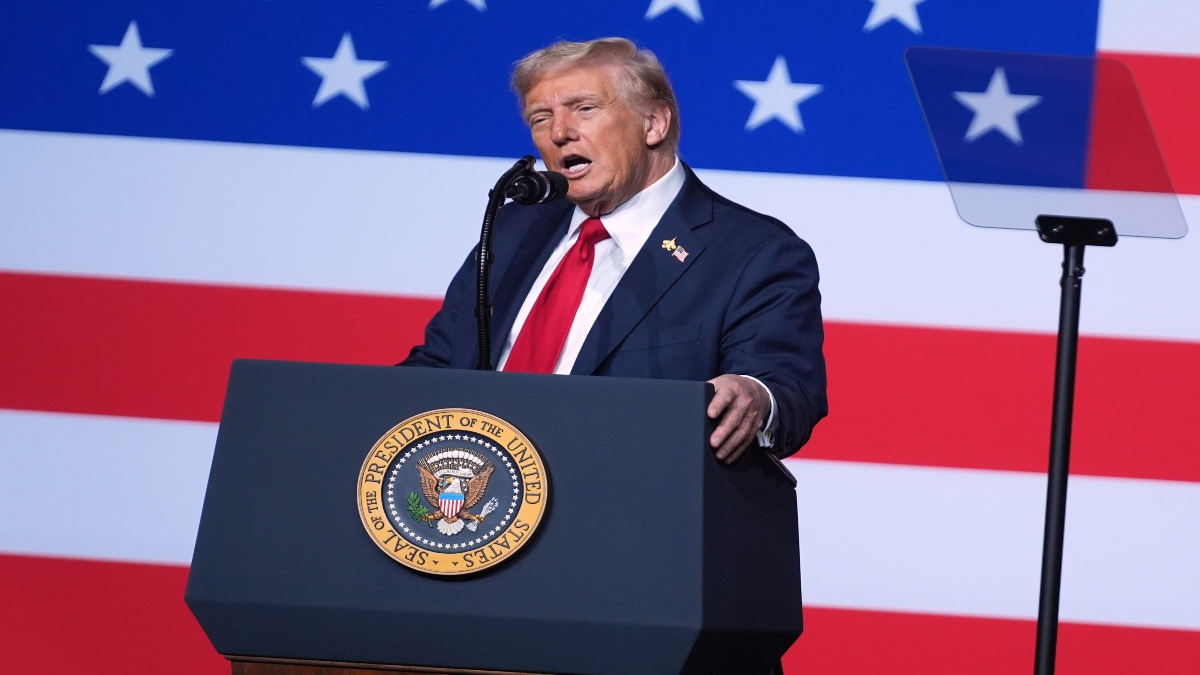)
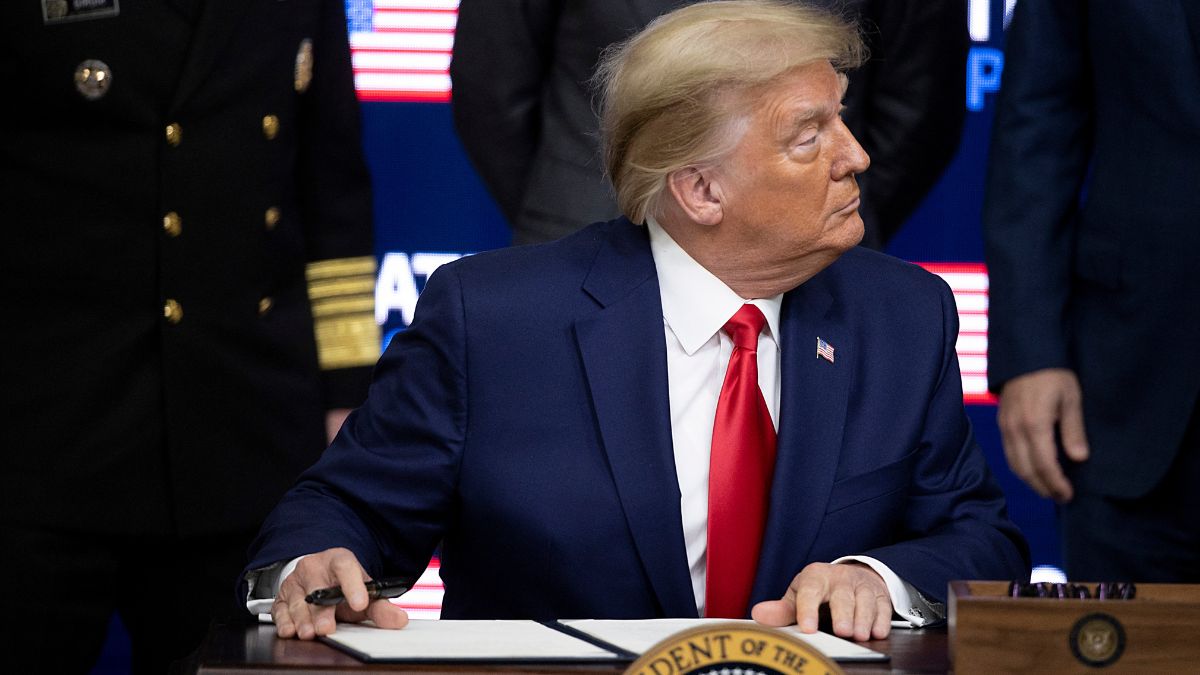)
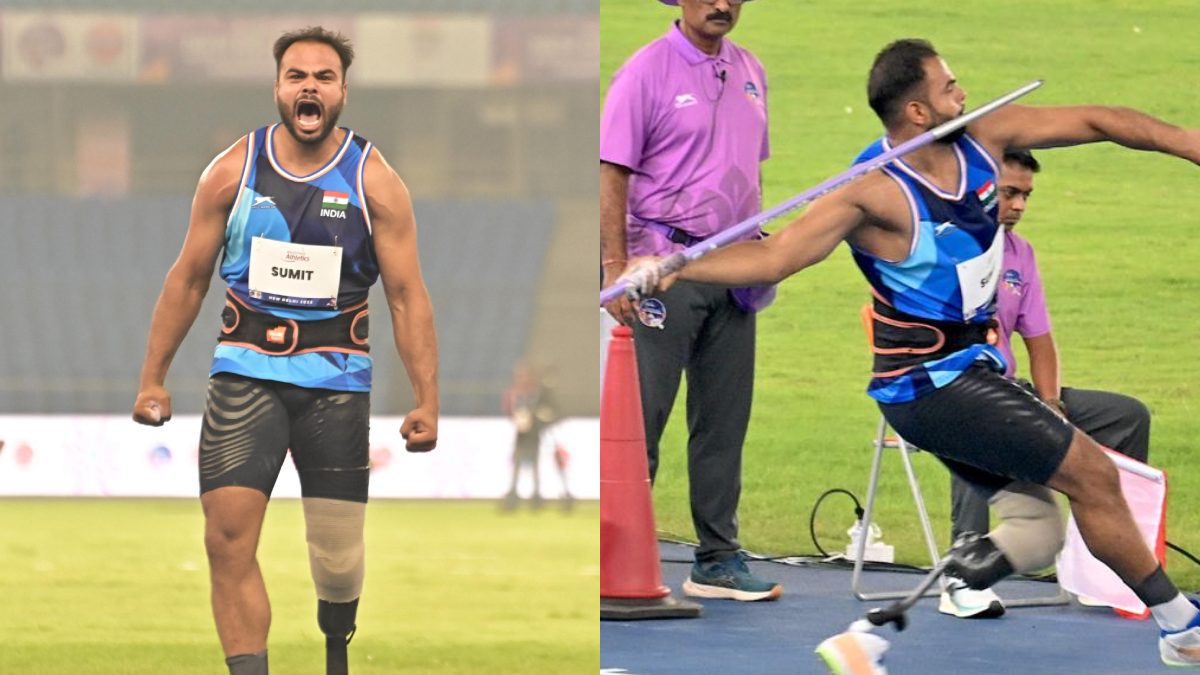)
)



